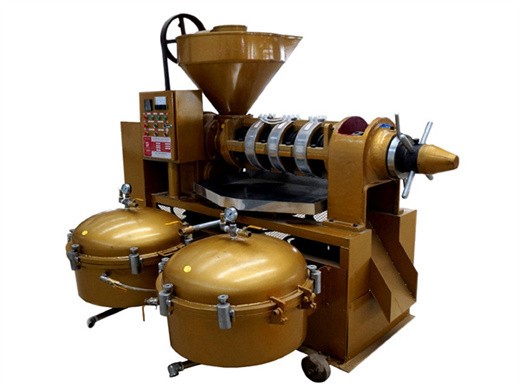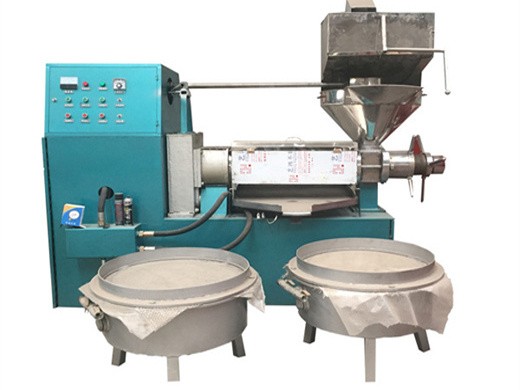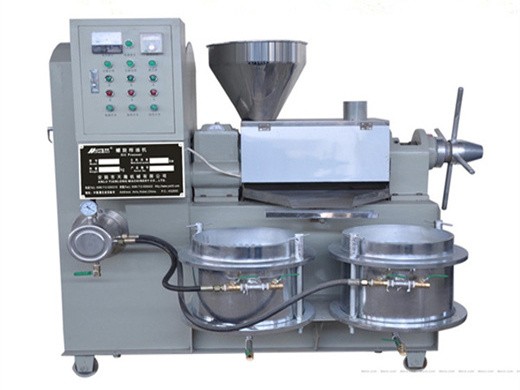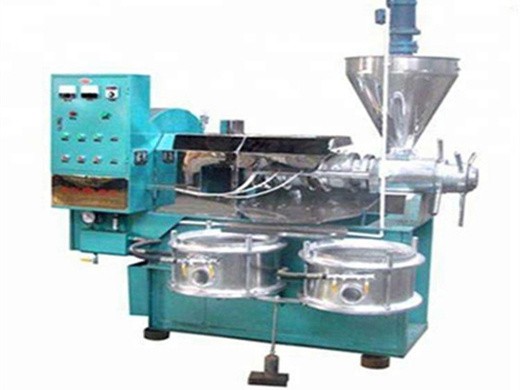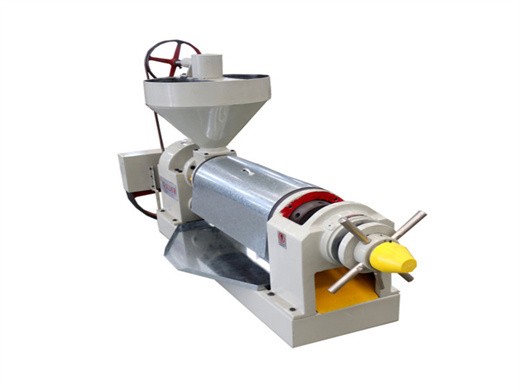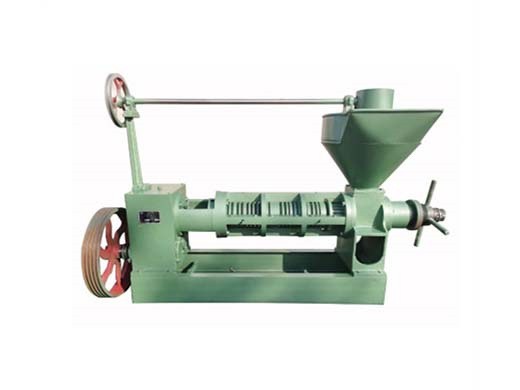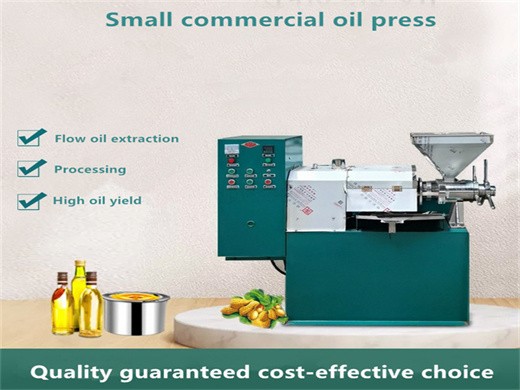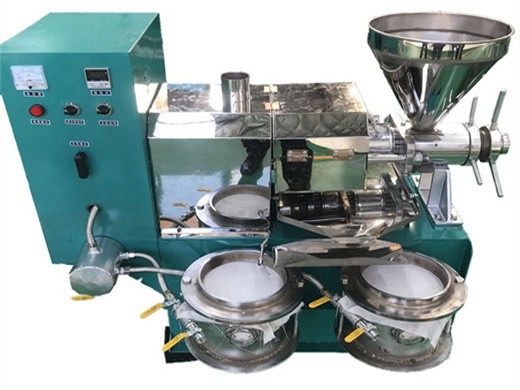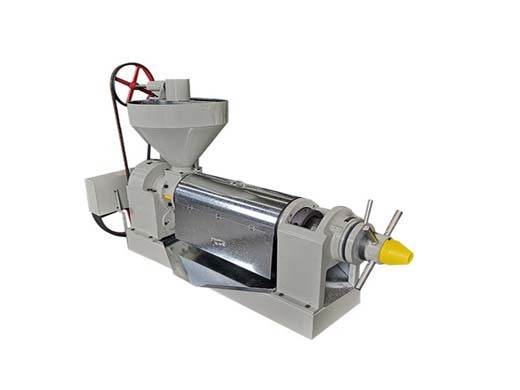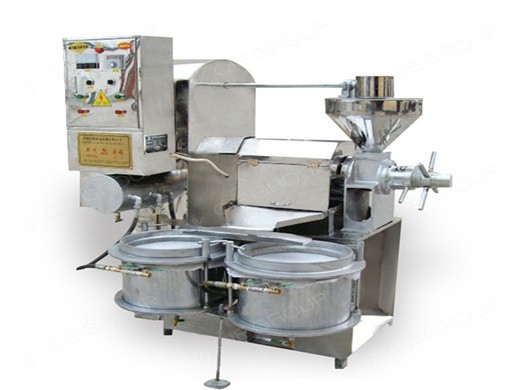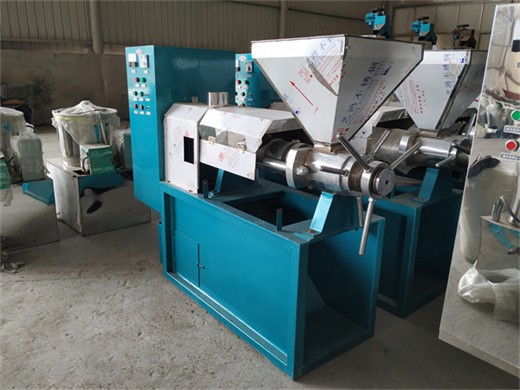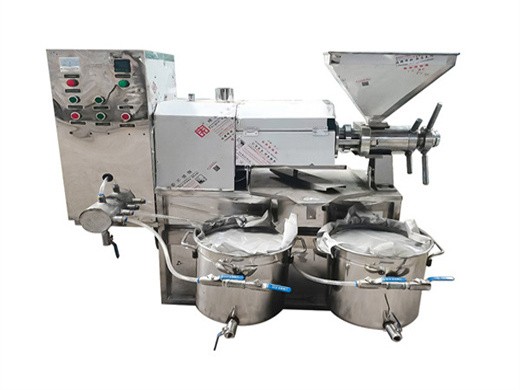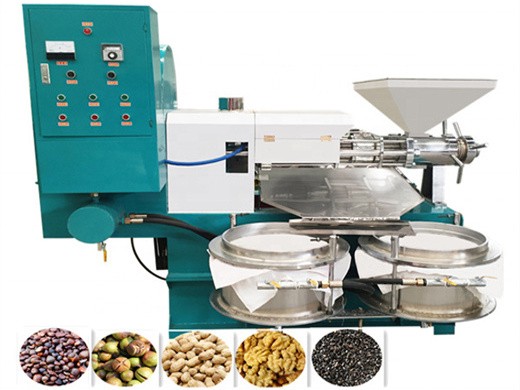Cost of agricultural productivity loss due to soil erosion
study combines biophysical and macroeconomic models to estimate the cost of agricultural pro-ductivity loss due to soil erosion by water in the EU. The soil erosion rates, derived from the RUSLE2015 model, are used to estimate the loss in crop productivity (physical change in the pro-
A new study estimates $8 billion in global economic losses caused by soil erosion reducing crop yields and increasing water usage. Climate change is making soil erosion worse.
COST OF AGRICULTURAL PRODUCTIVITY LOSS DUE TO SOIL EROSION
bio-physical and macroeconomic models to estimate the cost of agricultural productivity loss due to soil erosion by water in the EU. The soil erosion rates, derived from the RUSLE2015 model, are used to estimate the loss in crop productivity (physical change in the production of plants) and to model their impact on the
In the EU, the loss of agricultural productivity due to soil erosion by water is estimated at 0.43% per annum, on the basis of the combined outputs of biophysical and agronomic models.
Cost of agricultural productivity loss due to soil
Similarly, the agricultural productivity loss due to soil erosion in the European Union is estimated to be around 300 million € ( Panagos et al., 2024) using a combination of the recent soil loss assessment and the well-known Global Trade Analysis Project (GTAP) computable general equilibrium (CGE) simulation model.
In this study, soil erosion modellers and economists come together to carry out an economic evaluation of soil erosion in the European Union (EU). The study combines biophysical and macroeconomic models to estimate the cost of agricultural pro- ductivity loss due to soil erosion by water in the EU.
Cost of Soil Erosion - Food and Agriculture Organization
On the other extreme, Crosson (Journal of Environmental Economics, 2007) estimated the loss in farm income in the USA per year at $100 million US$ only. Publications Environmental and Economic Costs of Soil Erosion and Conservation Benefits
The net cost of soil erosion in the agricultural sector is about 300 million and in GDP about 155 million. In monetary terms the crop productivity loss is much higher than the loss in agricultural sector and GDP.
Cost of agricultural productivity loss by soil erosion
the cost of soil erosion to agricultural sector activity is around € 295 million and the final GDP loss is € 155 million annually. The direct cost is 4 times higher than the indirect loss in the agricultural sector and 8 times higher than the GDP loss. This is due to 2 main drivers: 1) endogenous adjustments or adaptations in the
In this study, soil erosion modellers and economists come together to carry out an economic evaluation of soil erosion in the European Union (EU). The study combines biophysical and macroeconomic models to estimate the cost of agricultural productivity loss due to soil erosion by water in the EU.
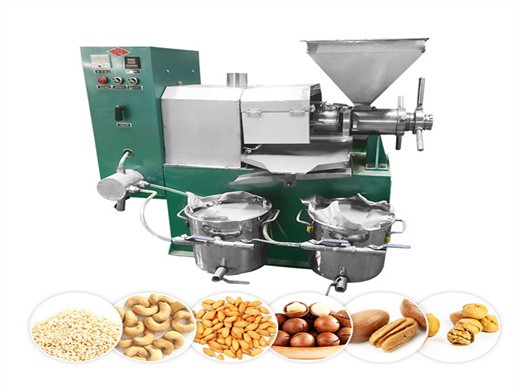
Cost of Soil Erosion - Food and Agriculture Organization
Soil erosion has both on-site and off-site effects. Loss of soil productivity is the main on-site effect, while enhanced productivity of downstream land, sedimentation and eutrophication of waterways and reservoirs are common off-site effects.Estimations of soil erosion costs are therefore difficult and complex because the on-site effects are often compensated by the use of increased amounts
GET PRICE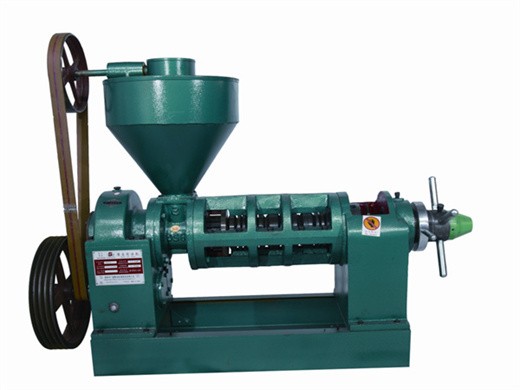
COST OF AGRICULTURAL PRODUCTIVITY LOSS DUE TO SOIL EROSION
bio-physical and macroeconomic models to estimate the cost of agricultural productivity loss due to soil erosion by water in the EU. The soil erosion rates, derived from the RUSLE2015 model, are used to estimate the loss in crop productivity (physical change in the production of plants) and to model their impact on the
GET PRICE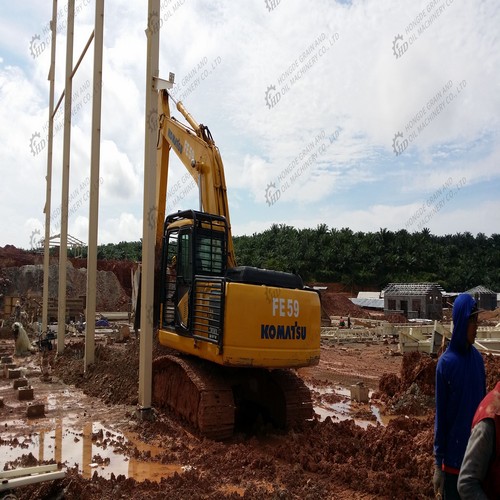
Cost of agricultural productivity loss due to soil erosion
In this study, soil erosion modellers and economists come together to carry out an economic evaluation of soil erosion in the European Union (EU). The study combines biophysical and macroeconomic models to estimate the cost of agricultural pro- ductivity loss due to soil erosion by water in the EU.
GET PRICE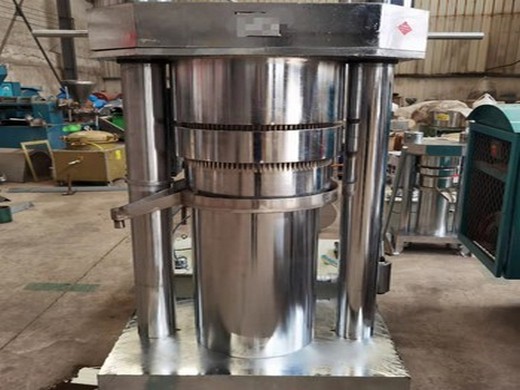
The REAL Cost of Soil Erosion | NRCS Nebraska
The ‘real’ cost of soil erosion goes beyond just the cost of lost fertilizer. The additional costs associated with soil erosion include loss in crop production; loss of land value from long-term excessive erosion; damage to real property, roads, bridges and other infrastructure; and environmental damages to streams, rivers and lakes.
GET PRICE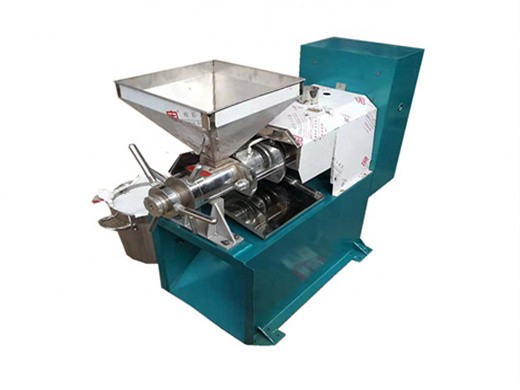
Macroeconomic models and soil erosion - ESDAC - European
Soil erosion generates on‐site costs that directly affect farming land. These costs are paid by farmers, through loss of fertile land. The on‐site costs are mainly the value of future lost production due to the decline in soil resources. These include losses in production, yields, and nutrients, damage to plantations, and reduction of the available planting area.
GET PRICE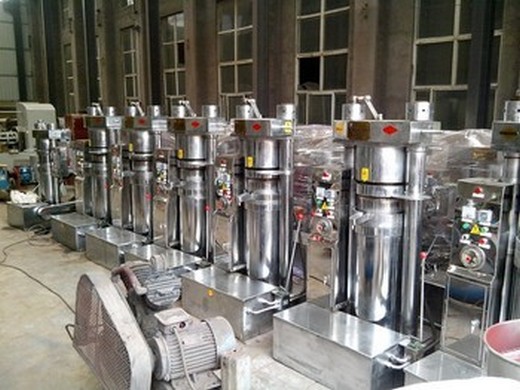
Soil erosion costs European farmers €1.25 billion a year
At EU level, soil erosion affects over 12 million hectares of land – about 7.2% of the total agricultural land – and leads to €1.25 billion loss in crop productivity. "The cost of soil erosion is something that does not yet actively figure in economic impact assessments.
GET PRICE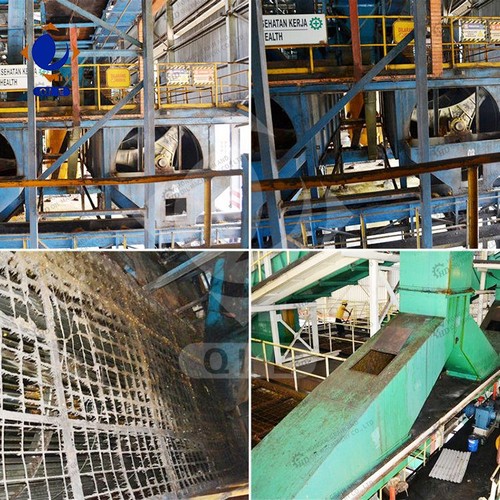
Cost of agricultural productivity loss by soil erosion
the cost of soil erosion to agricultural sector activity is around € 295 million and the final GDP loss is € 155 million annually. The direct cost is 4 times higher than the indirect loss in the agricultural sector and 8 times higher than the GDP loss. This is due to 2 main drivers: 1) endogenous adjustments or adaptations in the
GET PRICE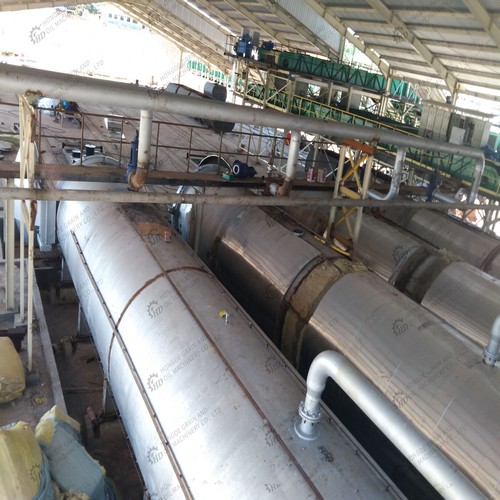
Cost of Soil Erosion - Food and Agriculture Organization
Soil erosion has both on-site and off-site effects. Loss of soil productivity is the main on-site effect, while enhanced productivity of downstream land, sedimentation and eutrophication of waterways and reservoirs are common off-site effects.Estimations of soil erosion costs are therefore difficult and complex because the on-site effects are often compensated by the use of increased amounts
GET PRICE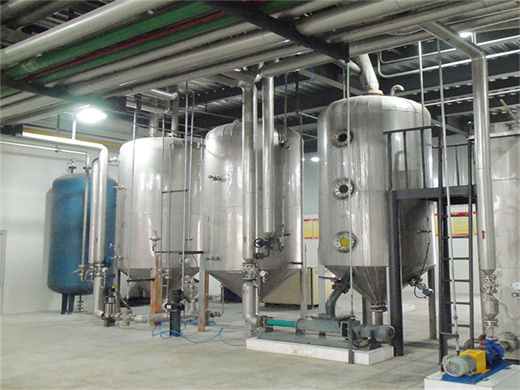
Cost of agricultural productivity loss due to soil erosion
In this study, soil erosion modellers and economists come together to carry out an economic evaluation of soil erosion in the European Union (EU). The study combines biophysical and macroeconomic models to estimate the cost of agricultural pro- ductivity loss due to soil erosion by water in the EU.
GET PRICE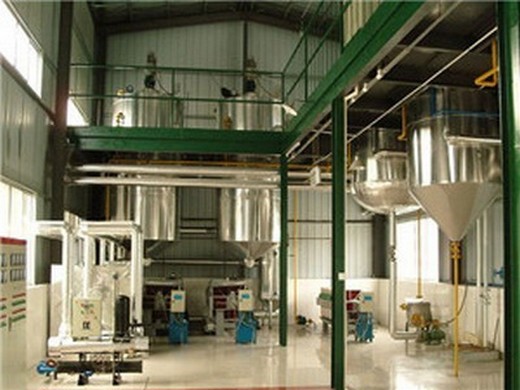
Land Degradation: An overview | NRCS Soils
In South Asia, annual loss in productivity is estimated at 36 million tons of cereal equivalent valued at US$5,400 million by water erosion, and US$1,800 million due to wind erosion. It is estimated that the total annual cost of erosion from agriculture in the USA is about US$44 billion per year, i.e. about US$247 per ha of cropland and pasture.
GET PRICE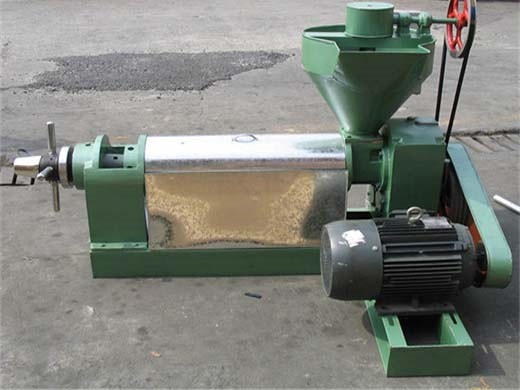
Macroeconomic models and soil erosion - ESDAC - European
Soil erosion generates on‐site costs that directly affect farming land. These costs are paid by farmers, through loss of fertile land. The on‐site costs are mainly the value of future lost production due to the decline in soil resources. These include losses in production, yields, and nutrients, damage to plantations, and reduction of the available planting area.
GET PRICE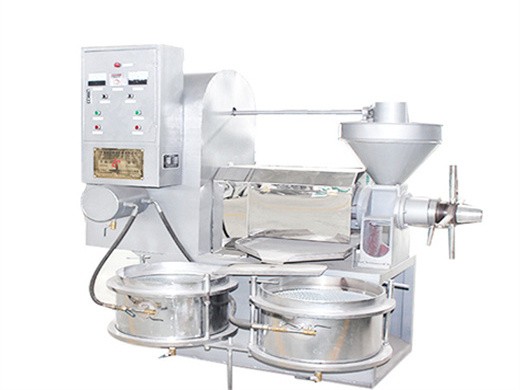
Land Degradation Causes $10 Billion Loss to South Asia
When land is degraded there can be serious effects such as erosion, loss of soil fertility, reduced crop yields, flooding and water shortages. Present and future generations suffer losses of agricultural productivity, the cost of replacing soil nutrients and the cost of land reclamation and restoration.
GET PRICE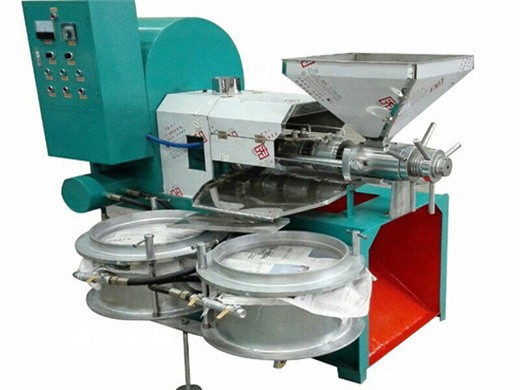
When Confronting a Pandemic, We Must Save Nature to Save
Three-quarters of the earth’s land area is now heavily altered by human use, 5 and species extinctions is occurring at almost 1,000 times the natural rate. 6 In the U.S. alone, we lose a
GET PRICE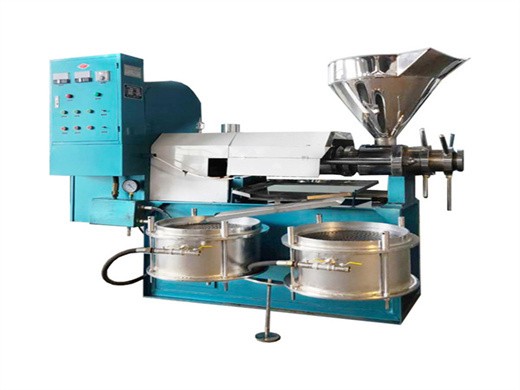
Soil Erosion and Degradation | Threats | WWF
The agricultural plants that often replace the trees cannot hold onto the soil and many of these plants, such as coffee, cotton, palm oil, soybean and wheat, can actually worsen soil erosion. And as land loses its fertile soil, agricultural producers move on, clear more forest and continue the cycle of soil loss.
GET PRICE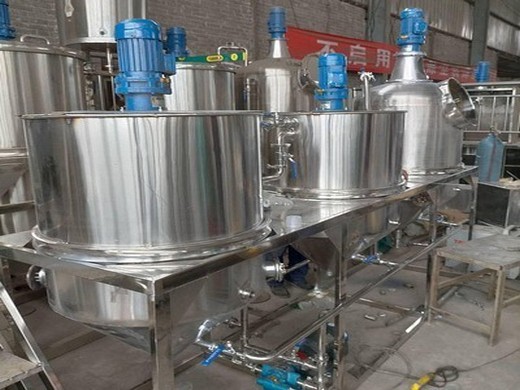
Cost of agricultural productivity loss by soil erosion
the cost of soil erosion to agricultural sector activity is around € 295 million and the final GDP loss is € 155 million annually. The direct cost is 4 times higher than the indirect loss in the agricultural sector and 8 times higher than the GDP loss. This is due to 2 main drivers: 1) endogenous adjustments or adaptations in the
GET PRICE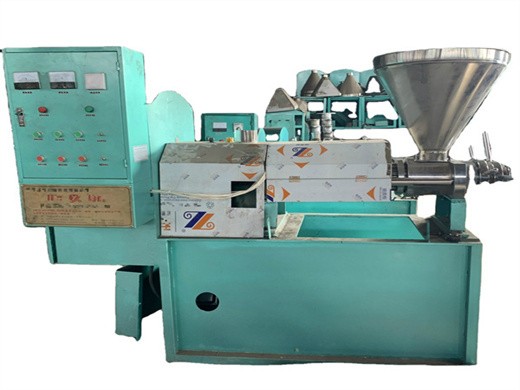
Cost of Soil Erosion - Food and Agriculture Organization
Soil erosion has both on-site and off-site effects. Loss of soil productivity is the main on-site effect, while enhanced productivity of downstream land, sedimentation and eutrophication of waterways and reservoirs are common off-site effects.Estimations of soil erosion costs are therefore difficult and complex because the on-site effects are often compensated by the use of increased amounts
GET PRICE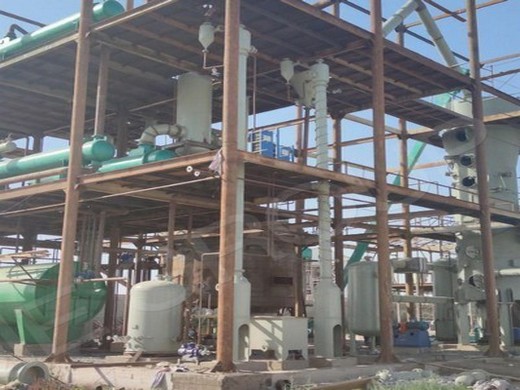
The costs of soil erosion - SciELO
Rodrigues (2005) studied the costs of soil erosion by comparing no-tillage and conventional systems of soybean and maize in the Cerrado region. When used for producing soybean, the adoption of no-tillage raised production costs by 0.47 , but reduced soil erosion costs by 81.22 %.
GET PRICE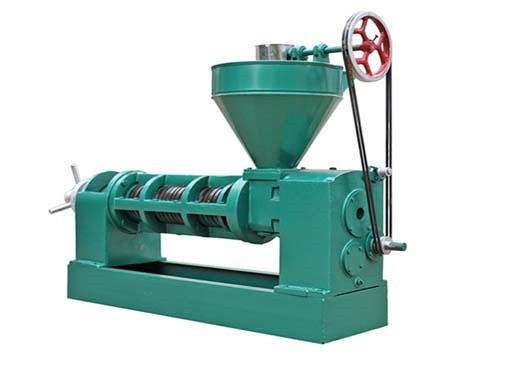
Soil erosion costs European farmers €1.25 billion a year
At EU level, soil erosion affects over 12 million hectares of land – about 7.2% of the total agricultural land – and leads to €1.25 billion loss in crop productivity. "The cost of soil erosion is something that does not yet actively figure in economic impact assessments.
GET PRICE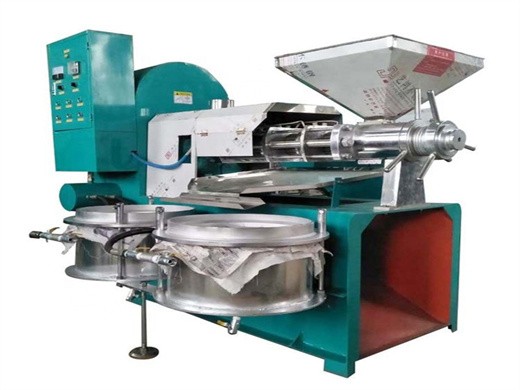
Reducing direct harvest losses in conservation tillage dry
Dry bean production is relatively expensive compared to other crops due to high labor, equipment, and fuel costs. A typical dry bean grower may use five to nine field operations over each acre of dry beans. Planting dry bean directly into previous crop stubble reduces input costs, and has the added benefit of reducing soil erosion and protecting the crop from wind damage early in the growing
GET PRICE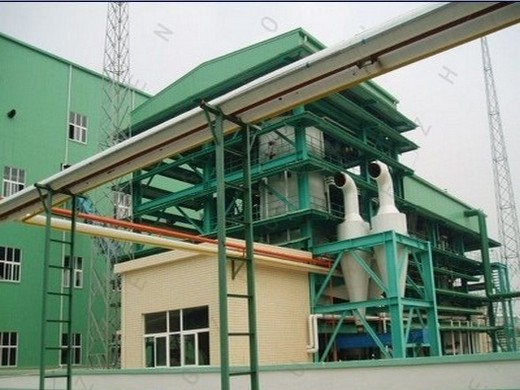
When Confronting a Pandemic, We Must Save Nature to Save
Three-quarters of the earth’s land area is now heavily altered by human use, 5 and species extinctions is occurring at almost 1,000 times the natural rate. 6 In the U.S. alone, we lose a
GET PRICE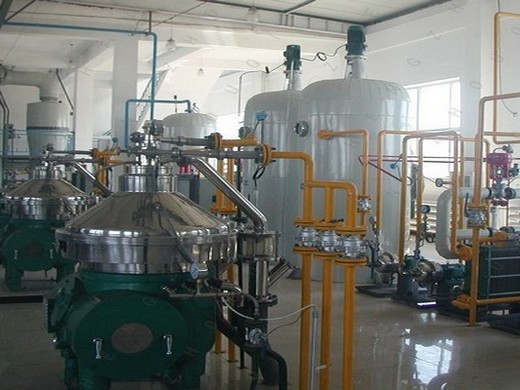
Effects of soil erosion on agricultural productivity
The rates of soil erosion that exceed the generation of new topsoil are a dynamic process which leads to decline in the soil productivity, low agricultural yield and income.
GET PRICE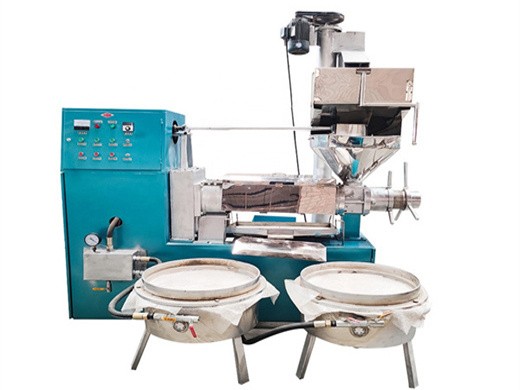
Environmental and Economic Costs of Soil Erosion
Abstract. Soil erosion is a major environmental threat to the sustainability and productive capacity of agriculture. During the last 40 years, nearly one-third of the world's arable land has been lost by erosion and continues to be lost at a rate of more than 10 million hectares per year.
GET PRICE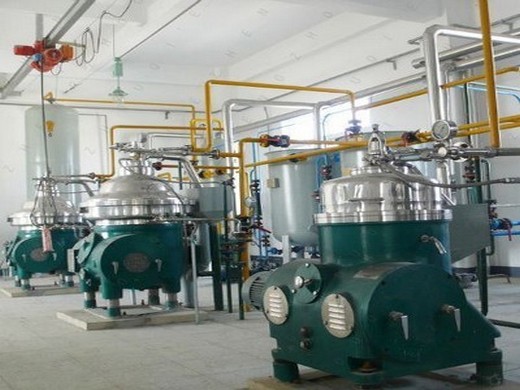
“The Economic Cost of Environmental Degradation: A Case
agricultural productivity. The study draws on the productivity loss and nutrient replacement cost approaches in estimating the cost of soil degradation in the agricultural sector. The results show the Northern region as the most prone to soil degradation, and that the real cost of agricultural soil
GET PRICE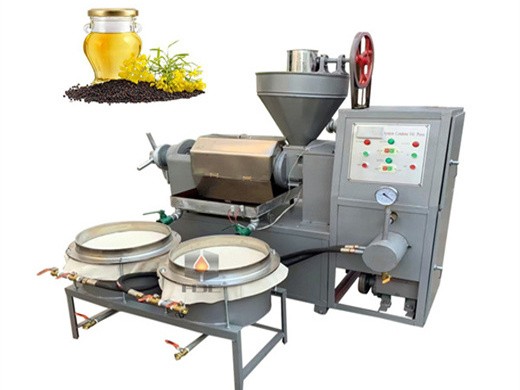
The costs of soil erosion on Java : a natural resource
The costs of soil erosion on Java : a natural resource accounting approach (English) Abstract. Soil erosion is analogous to the depreciation of man made assets. Unlike the depreciation of capital assets, however, the effects of soil erosion are not reflected in conventional measures of economic welfare. This occurs because efficient markets
GET PRICE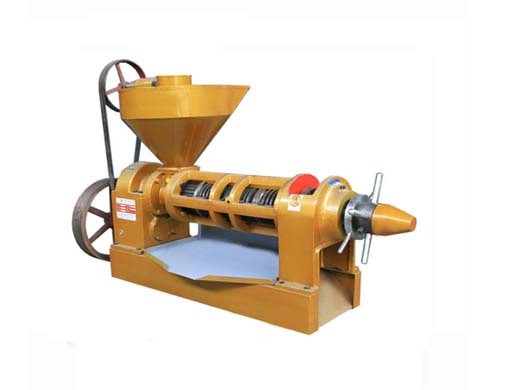
Agriculture | Special Issue : Soil Erosion: A Major Threat
Soil organic matter contents (SOM) were generally low, more so at higher inclinations, probably due to greater erosion than at lower inclination. Maize yields decreased gradually with increasing inclination; at ZERO, effects of climate and soil moisture on yield were easier determined and were probably due to long-term erosion.
GET PRICE